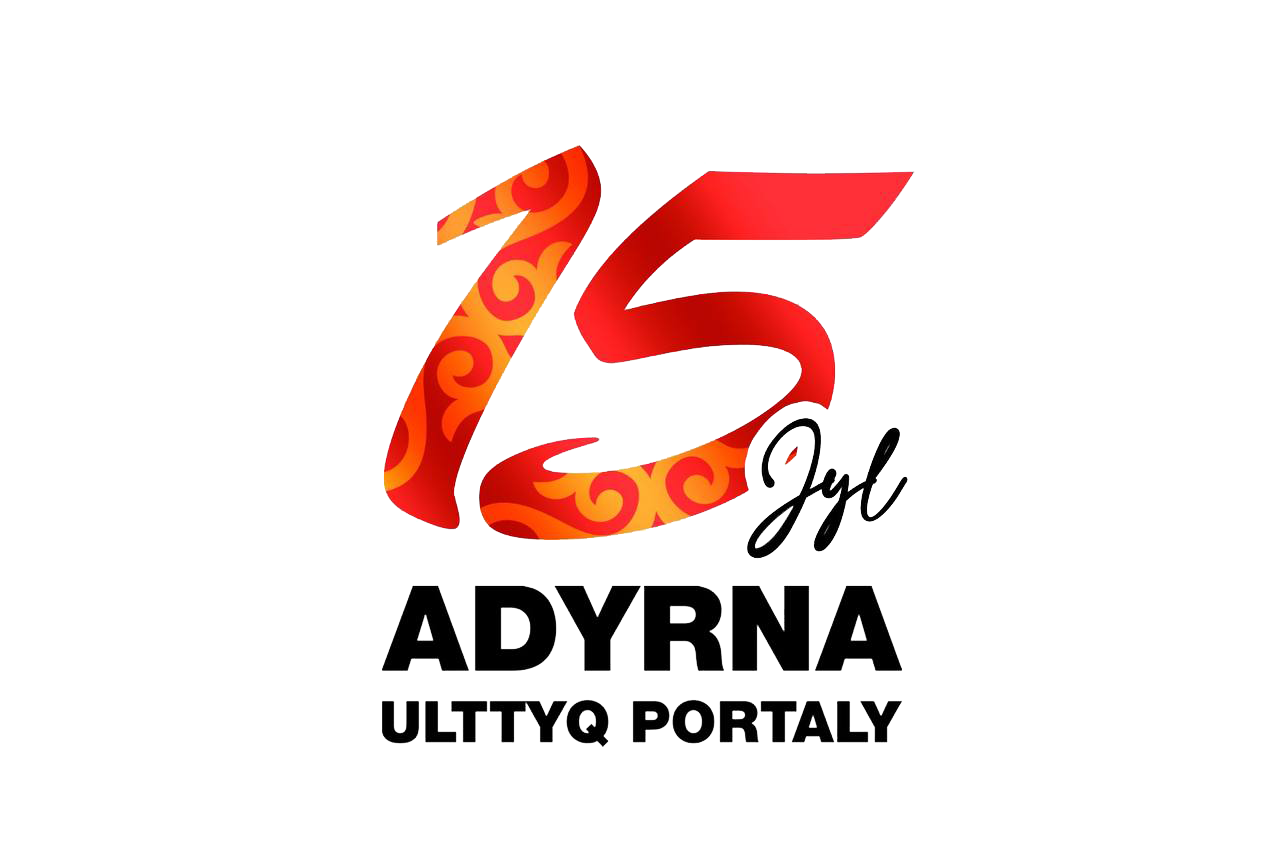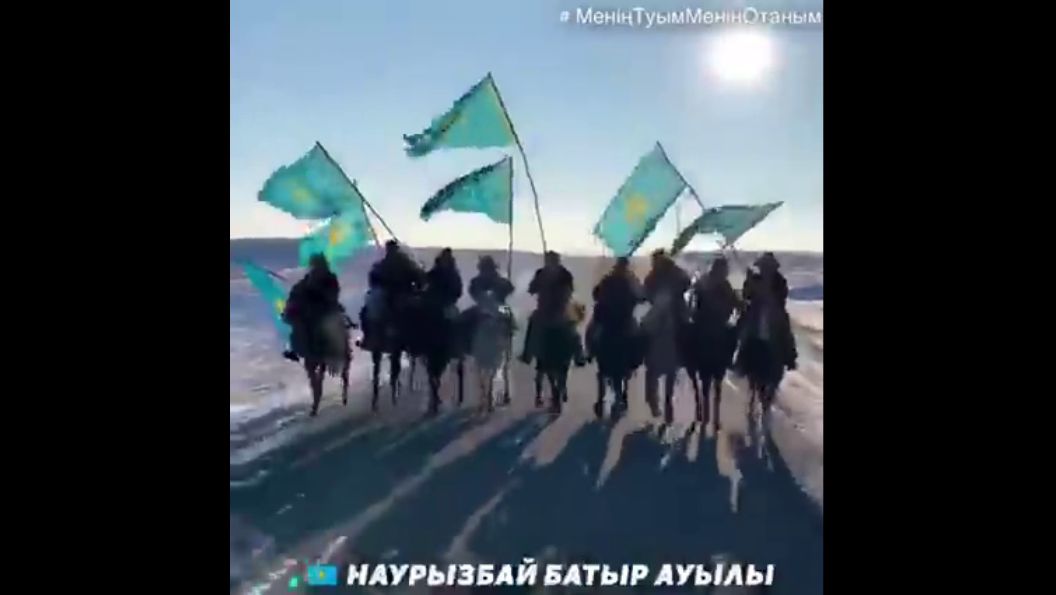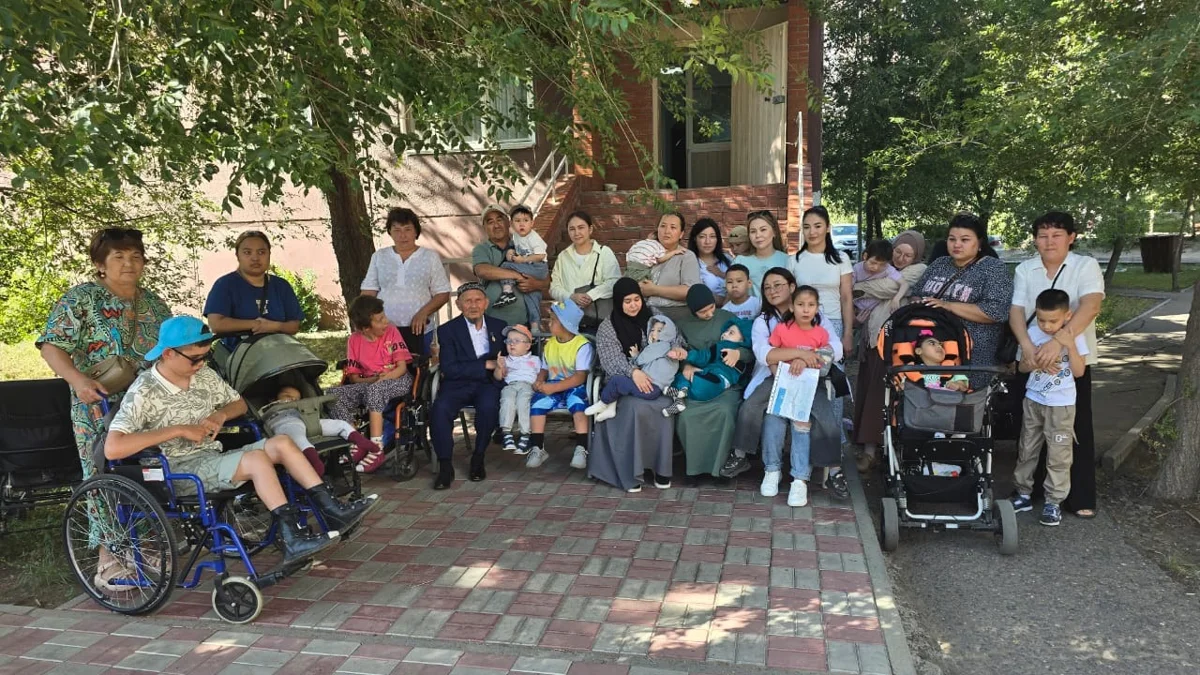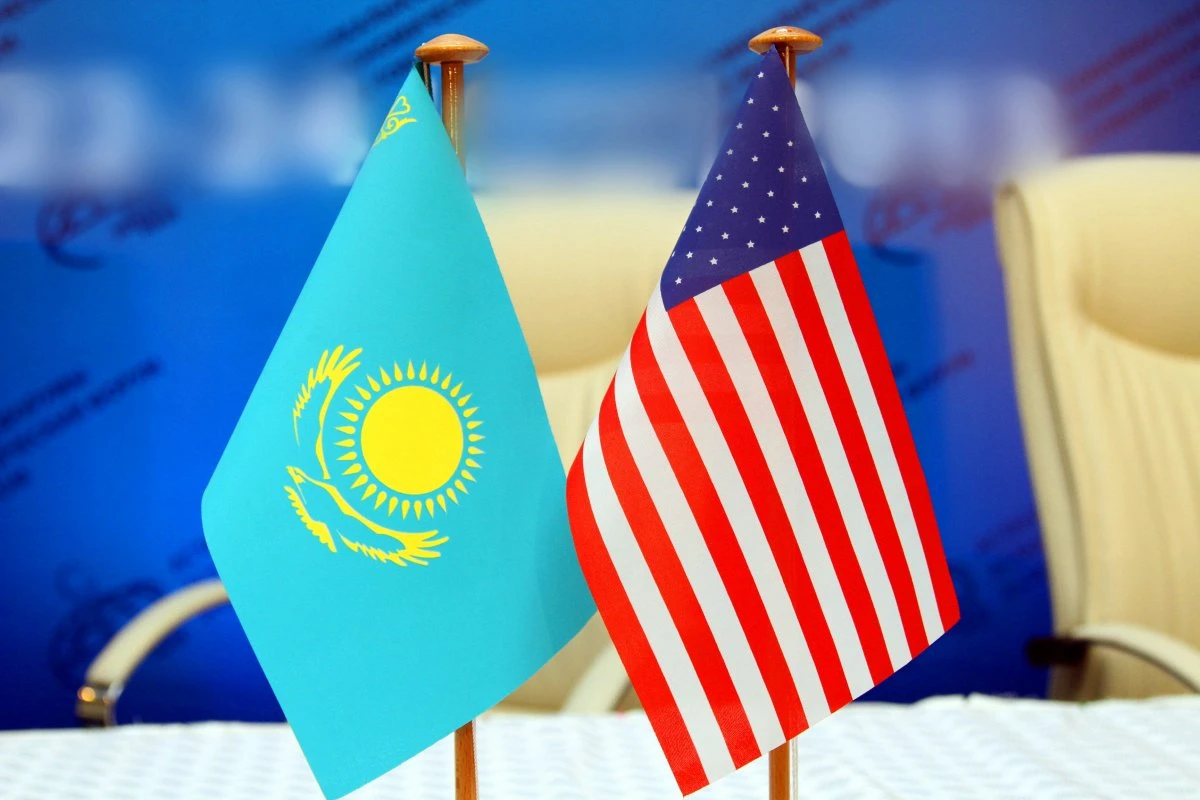Existing “pan-isms” today
Today there are many global and regional project that unite groups and masses of peope by a certain key element of their identity. Usually these projects have the prefix “pan-“ in their name, which mean “all-“ in Greek. Most of the “pan-isms” could be sorted into the following groups: - Language and ethnicity-based, for example Pan-Arabism, Pan-Slavism, Pan-Iranim, Pan-Turkism, Pan-Mongolism, and etc. - Religion and ideology-based, such as Pan-Islamism, Pan-Christianism, Pan-Bhuddism, and etc. - Geography and Civilization-based, for example Pan-Europeanism, Pan-Africanism, Pan-Asianism, and etc. So how do these “pan-isms” relate to Eurasian Nomadism and nomadic and post-nomadic nations like Kazakhstan, Kyrgyzstan, Mongolia, Turkmenistan, Hungary, and some kin peoples incorporated in other states, such as Tatarstan, Bashkortostan, Kalmykia, Buryatia, Altai, Tyva, Shoria, Sakha-Yakutia, Khakassia, the Nogais, Manchus, and etc? For example, the following “pan-isms” are having a strong effect on Kazakhstan, Mongolia, and Kyrgyzstan: Pan-Turkism, Pan-Mongolism, Pan-Islamism, Pan-Bhuddism, and etc. There are also similar projects such as Turan, The Great Steppe, Eurasianism, Ordaism, Tengriism (as Pan-Shamanism), and others. But all of the above don’t match exactly the cultural and ideological needs of the Nomadic and Post-Nomadic peoples of Eurasia. For example, the Turan project is mostly about the Turkic and Iranian peoples, and hence is not very interesting for Mongol peoples. Pan-Turkism leaves all non-Turkic peoples outside, and so does Pan-Mongolism. The Great Steppe doesn’t even have a coherent project platform. The Eurasianism and Ordaism today are firmly held by the Russian representatives, many of whom are not even of the nomadic descent.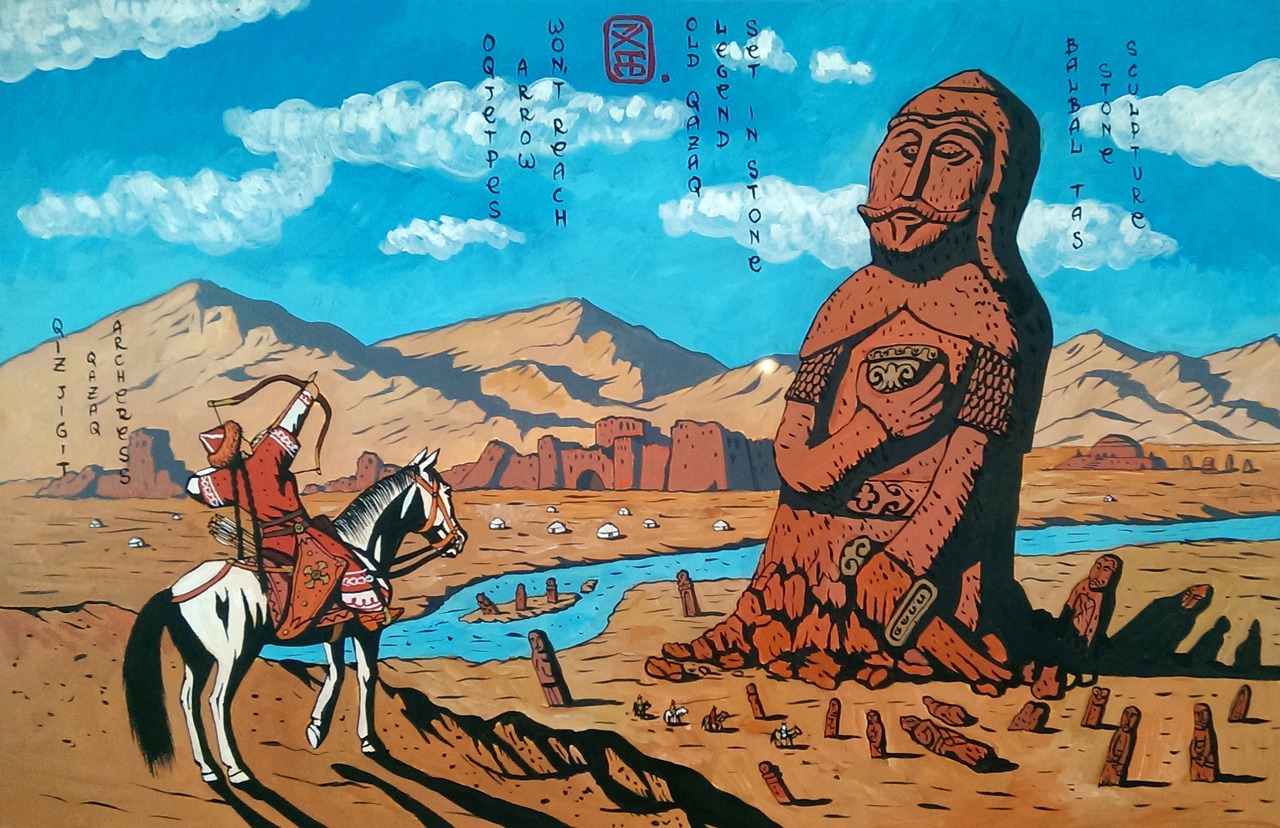 Tengriism is focused mostly on religious and ideological aspects, and doesn’t position itself as “purely nomadic”. On top of that, it is exclusive to peoples of other faiths, whilst in the past various nomadic peoples adopted pretty much all major Eurasian religions, including Islam, early Chistianity, Judaism, Bhuddism, Zoroastrianism, and etc.
Therefore, all of above-mentined “pan-isms” hit very close, but miss the mark.
Tengriism is focused mostly on religious and ideological aspects, and doesn’t position itself as “purely nomadic”. On top of that, it is exclusive to peoples of other faiths, whilst in the past various nomadic peoples adopted pretty much all major Eurasian religions, including Islam, early Chistianity, Judaism, Bhuddism, Zoroastrianism, and etc.
Therefore, all of above-mentined “pan-isms” hit very close, but miss the mark.
Who are the modern nomads and post-nomads?
One of the reason for such situation is that we don’t have a clear definition of Nomadic and Post-Nomadic Peoples. When we talk about the Eurasian Nomads, we usually think of Turco-Mongols as a major force that created the Nomadic Civilization. But this leaves behind other lesser-known Eurasian Nomads, such as Tungus, Finno-Urgrian, Hungarian, Iranian, and others. Therefore, the definitions of the nomads by language, ethnicity, race, genetics doesn’t really paint a clear picture. To unify these nomadic peoples by their nomadic characteristics, we need a new ideology and project which would put the “nomadism”، “nomadness”، or “nomadity” as the main defining quality. This definition must not be based solely on language, race, ethnicity, religion, or geography.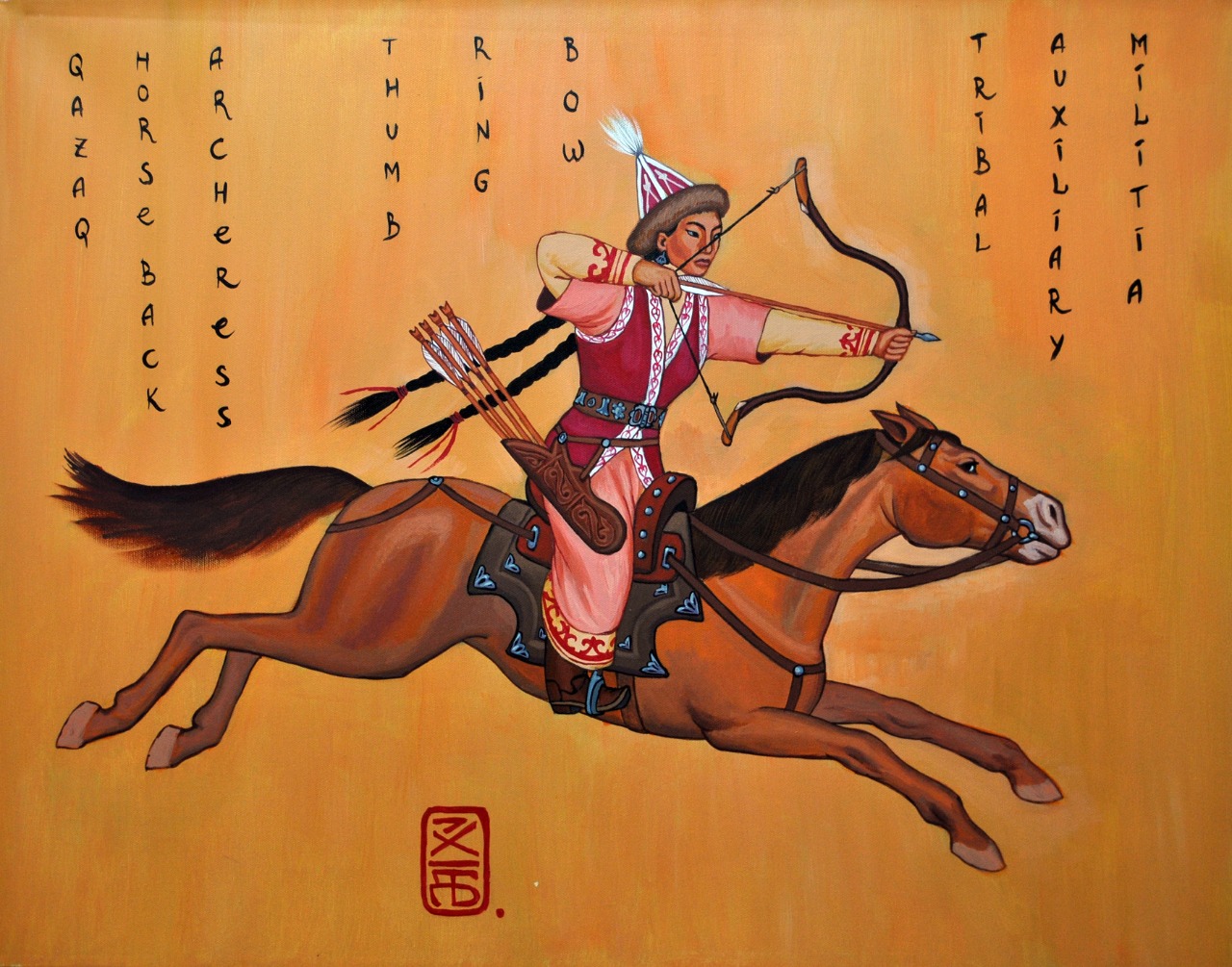 Who are the Eurasian Nomads from the perspective of the modern Nomadic and Post-nomadic Peopless? The following peoples, nations, and groups that matched these criteria fall into this category:
- Nomadic pastoralism as the base for economy
- Seasonal movements after herds of livestock
- Nomadic technological paradigm
- Nomadic mentality and world view
These and other features, existing today of practiced in the past, define the today’s Nomadic and Post-nomadic Peopless and distinquish them from settled peoples. In this paper we will refer to these settled peoples as Sarts, using this old nomadic term. In this case, Sart is not an ethnicity, but a way of settled life and economy, as opposed to Nomadic.
Therefore, if we put the “nomadism” as the main unifying principle and then look from the nomadic adepts’ perspective, the entire humanity could be divided into just two groups: Sarts and Nomads. The rest of the differences, such as language, race, religion, political order, are simply not essential.
With that definition in mind, which of the modern peoples we can view as Nomadic or Post-Nomadic? They are the peoples or groups, whose ansestors were Eurasian Nomads, and who didn’t forget about this fact, and preserved their nomadic roots, mentality, and world outlook or at least are actively trying to revive it, and who are incorporating their nomadic cultural heritage into their modern official ideology. At this, the political façade of these nations and peoples could have any form: Democracy, Sharia, Tengriism, Socialism, Capitalism, and etc.
Who are the Eurasian Nomads from the perspective of the modern Nomadic and Post-nomadic Peopless? The following peoples, nations, and groups that matched these criteria fall into this category:
- Nomadic pastoralism as the base for economy
- Seasonal movements after herds of livestock
- Nomadic technological paradigm
- Nomadic mentality and world view
These and other features, existing today of practiced in the past, define the today’s Nomadic and Post-nomadic Peopless and distinquish them from settled peoples. In this paper we will refer to these settled peoples as Sarts, using this old nomadic term. In this case, Sart is not an ethnicity, but a way of settled life and economy, as opposed to Nomadic.
Therefore, if we put the “nomadism” as the main unifying principle and then look from the nomadic adepts’ perspective, the entire humanity could be divided into just two groups: Sarts and Nomads. The rest of the differences, such as language, race, religion, political order, are simply not essential.
With that definition in mind, which of the modern peoples we can view as Nomadic or Post-Nomadic? They are the peoples or groups, whose ansestors were Eurasian Nomads, and who didn’t forget about this fact, and preserved their nomadic roots, mentality, and world outlook or at least are actively trying to revive it, and who are incorporating their nomadic cultural heritage into their modern official ideology. At this, the political façade of these nations and peoples could have any form: Democracy, Sharia, Tengriism, Socialism, Capitalism, and etc.
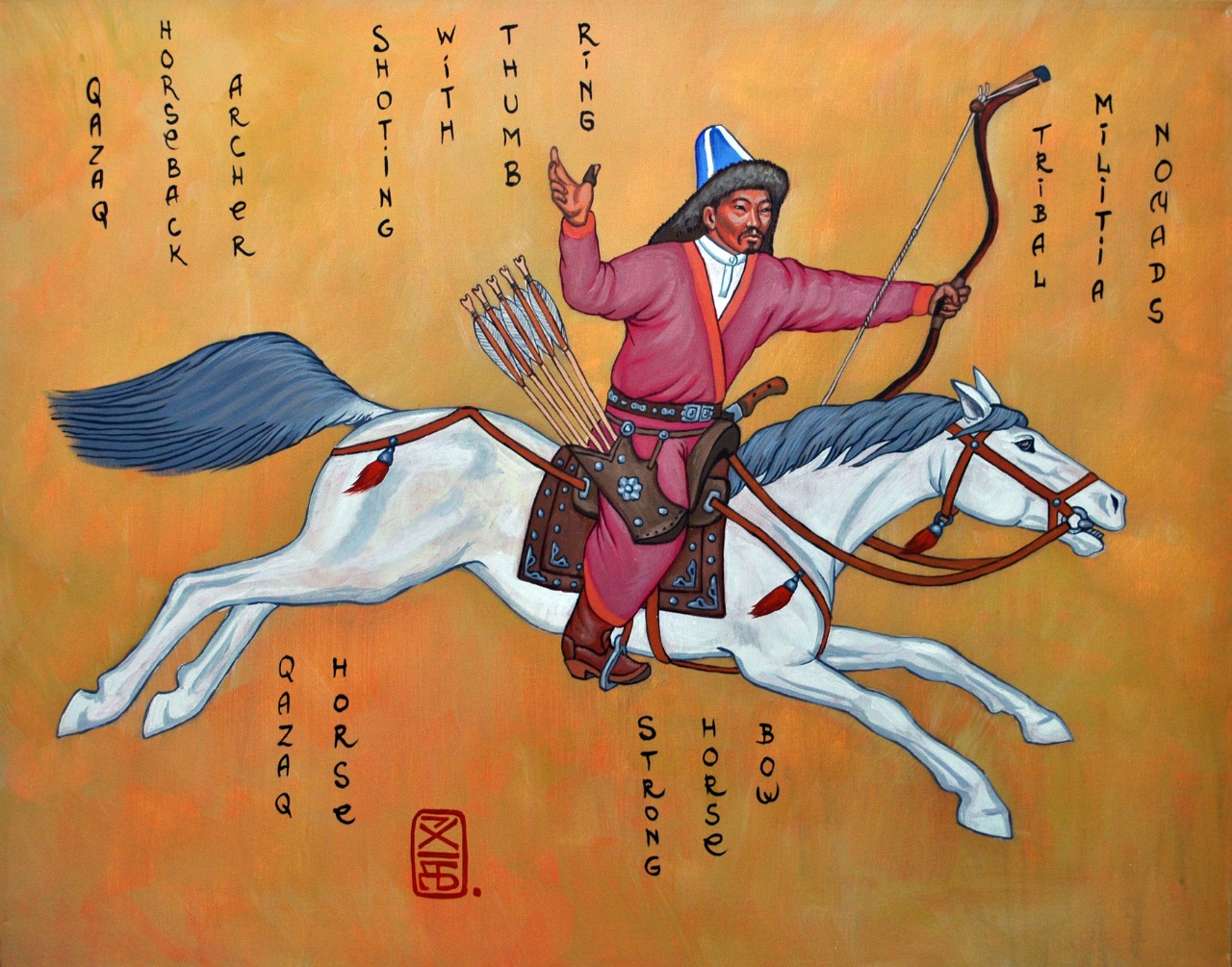 The following modern nations and peoples belong to the Eurasian Nomadic realm: Kyrgyzstan, Mongolia, Turkmenistan, and Kazakhstan in the first row, followed by the Nomadic or Post-Nomadic peoples embedded in the otherwise Sartic states: Russia, Iran, Iraq, Afghanistan, China, and to the lesser extend by certain areas in Central Asia, Turkey, Eastern Europe, and etc.
The following modern nations and peoples belong to the Eurasian Nomadic realm: Kyrgyzstan, Mongolia, Turkmenistan, and Kazakhstan in the first row, followed by the Nomadic or Post-Nomadic peoples embedded in the otherwise Sartic states: Russia, Iran, Iraq, Afghanistan, China, and to the lesser extend by certain areas in Central Asia, Turkey, Eastern Europe, and etc.
Enter the Pan-Nonadism
Here it will be the best time to introduce the new term for these peoples based on their relationship to Nomadism. Similarly to the “pan-isms” mentioned above, we could call it “Pan-Nomadism”. And the relationship to Pan-Nomadism is defined by the match to criterias described above. We must understand that Pan-Nomadism will automatically intersect and overlap with some of the related existing ideologies and project, because of their semantical closeness. For example, Pan-Nomadism is kin to Turanism, Pan-Turkism, Pan-Mongolism, Pan-Islamism, Eurasianism, Ordaism, Tengriism, and etc. Having said that, being a Turanist, Pan-Turkist, Pan-Mongolist. Ordaist, Tengriist, or Eurasianist doesn’t automatically make one a Pan-Nomadist. Many of these already underwent their “Sartic rite of passage” and became practically Sarts and forgot their nomadic roots. At the same time such Sarts could feel very strongly about their Turkic, Mongol, Eurasian or Turanian identity. Clearly, we cannot call these cases Pan-Nomadic. But if they change their ways and actively try to resurrect their “nomadness”، they could potentially return to the nomadic family. As an example, a certain group of Hungarians is doing just that today. As we can imagine, the Pan-Nomadism could offer a very different world view and perspective than that of any existing Sartic ideology. For examples, such common dichotomies as West-East, Europe-Asia, North-South, Socialism-Capitalism, Secularism-Clericalism, Theism-Atheism, Liberalism-Concervatism, and etc. are simply irrelevant for the Pan-Neonomads, because they see the entire humanity through only the Sartic-Nomadic dichotomy. Therefore, comparing to Sartic, the Nomadic world outlook is completely different.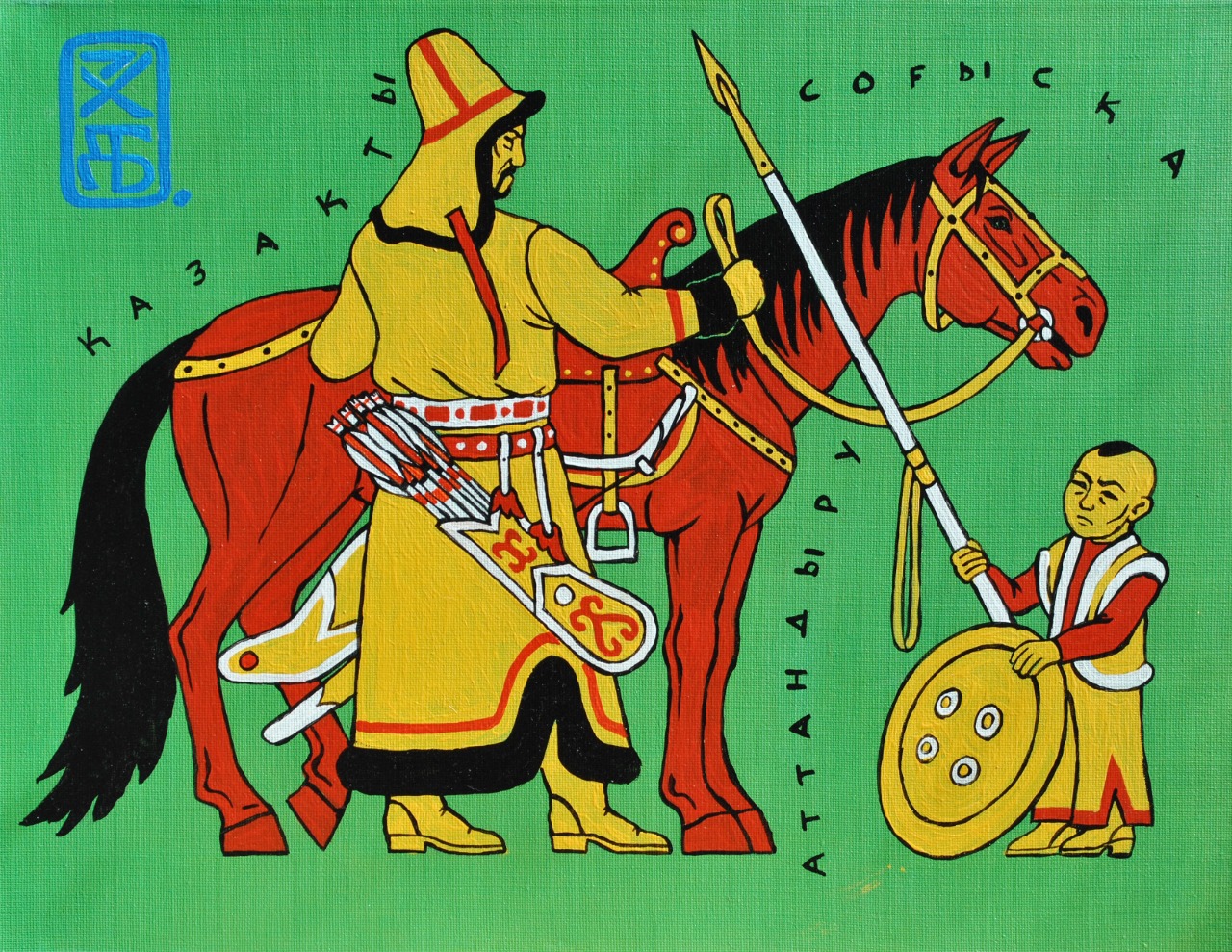 For example, from the perspective of true Pan-Neonomadist, the entire Eurasia looks in the following fashion. The plains and deserts of Eurasia (the Steppes) were the domain of the Eurasian Nomadic Civilization. These territories match the modern-day Kazakhstan, Kyrgyzstan, Mongolia, Turkmenistan, some parts of Central Asia, southern Russia, northern China, some part of Iran, northern Afghanistan, and even parts of Eastern Europe and Anatolia.
We could conditionally call these areas the Nomadland, referring to the famous Heartland term coined by Halford John Machinder.
The Nomadland is surrounded from all sides by the ring of settled Sartic peoples. We can call this ring the Sartic Rimland, ironically referring to the Rimland term by Nicholas John Spykmen. The Sartic Rimland is the home of the Sartic Civilization. In the eyes of a nomad, the heart of the Nomadland was surrounded by the Sartic peoples and empires.
Besides the Nomadland and Sartic Ring, there is also the intermediate ring, the Semi-Nomadic Rimland. It included peoples and states that at different times lived and existed on the frontier between the Nomadic and Sartic Civilizations, and often combined the features of both.
For example, from the perspective of true Pan-Neonomadist, the entire Eurasia looks in the following fashion. The plains and deserts of Eurasia (the Steppes) were the domain of the Eurasian Nomadic Civilization. These territories match the modern-day Kazakhstan, Kyrgyzstan, Mongolia, Turkmenistan, some parts of Central Asia, southern Russia, northern China, some part of Iran, northern Afghanistan, and even parts of Eastern Europe and Anatolia.
We could conditionally call these areas the Nomadland, referring to the famous Heartland term coined by Halford John Machinder.
The Nomadland is surrounded from all sides by the ring of settled Sartic peoples. We can call this ring the Sartic Rimland, ironically referring to the Rimland term by Nicholas John Spykmen. The Sartic Rimland is the home of the Sartic Civilization. In the eyes of a nomad, the heart of the Nomadland was surrounded by the Sartic peoples and empires.
Besides the Nomadland and Sartic Ring, there is also the intermediate ring, the Semi-Nomadic Rimland. It included peoples and states that at different times lived and existed on the frontier between the Nomadic and Sartic Civilizations, and often combined the features of both.
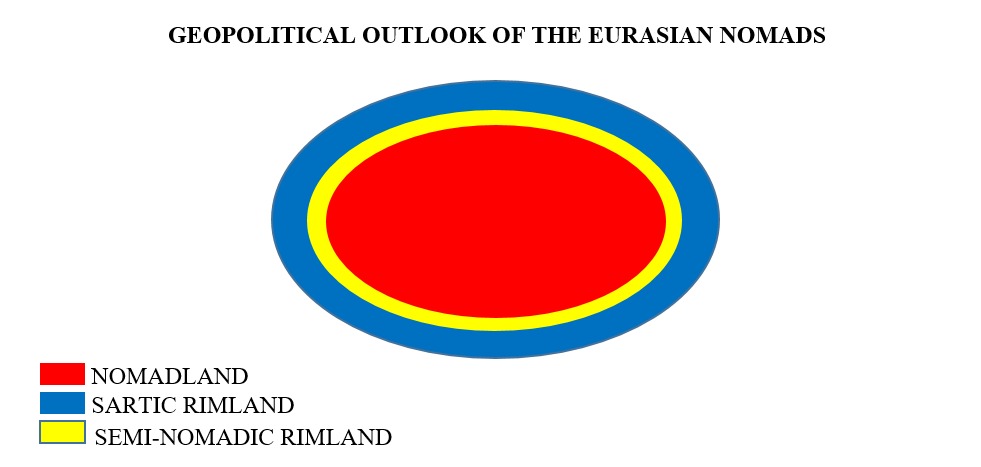 Usually the Semi-nomadic Rimland consisted of the descendants of the nomadic conquerors. They were in the process of gradual Sartization and were losing their nomadic roots. Of course, there was the opposite movement too, as many settled Sarts volunteerily joined the nomads because of their free lifestyle. The following peoples and states belonged to this Semi-Nomadic Rimland: the Cossacks, Tartars, Toba\Tabgachi, the settled Uzbeks from the period of the fall of the State of the Nomadic Uzbeks, Timurids, Baburids, Hungarians, original Uighurs, Osmans, and etc.
Of course, in this paper we only looked at the Eurasian Nomads, because they managed to create a full-bodied Nomadic Civilization, which existed for three millennia and for centuries was the most advanced on the planet. We left outside the nomads of Africa and both Americas, because this is a topic for another paper.
Usually the Semi-nomadic Rimland consisted of the descendants of the nomadic conquerors. They were in the process of gradual Sartization and were losing their nomadic roots. Of course, there was the opposite movement too, as many settled Sarts volunteerily joined the nomads because of their free lifestyle. The following peoples and states belonged to this Semi-Nomadic Rimland: the Cossacks, Tartars, Toba\Tabgachi, the settled Uzbeks from the period of the fall of the State of the Nomadic Uzbeks, Timurids, Baburids, Hungarians, original Uighurs, Osmans, and etc.
Of course, in this paper we only looked at the Eurasian Nomads, because they managed to create a full-bodied Nomadic Civilization, which existed for three millennia and for centuries was the most advanced on the planet. We left outside the nomads of Africa and both Americas, because this is a topic for another paper.
******
Thus we outlined the basic concept of the future regional and global Pan-Nomadism Project. It is distinctively different from all existing Sartic ideologies, and is more inclusive than most of them. It could become a glue that will adhere the descendants of world’s nomadic peoples and create strong cultural bonds between them based on their nomadic identity.Almaty 2021
by Daniyar Baidaralin











